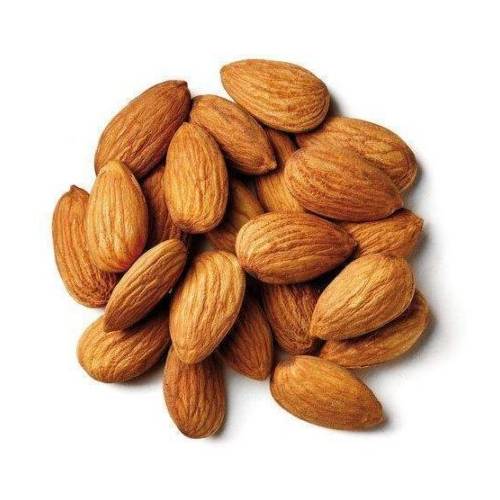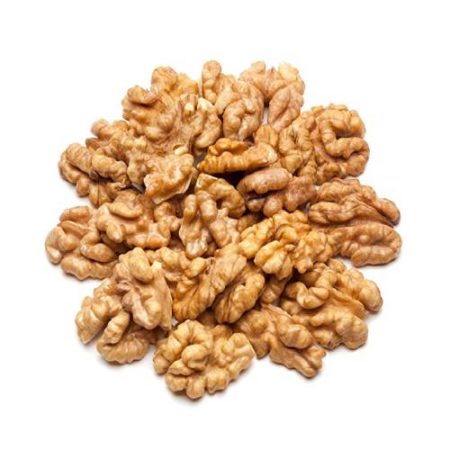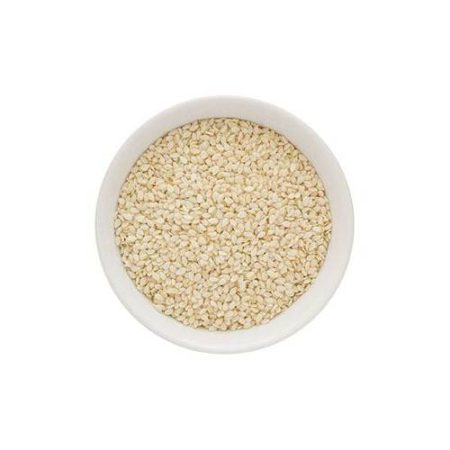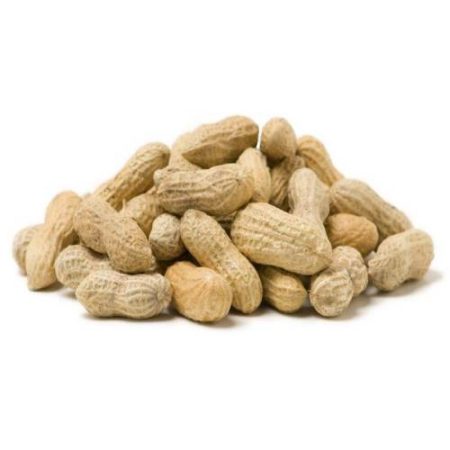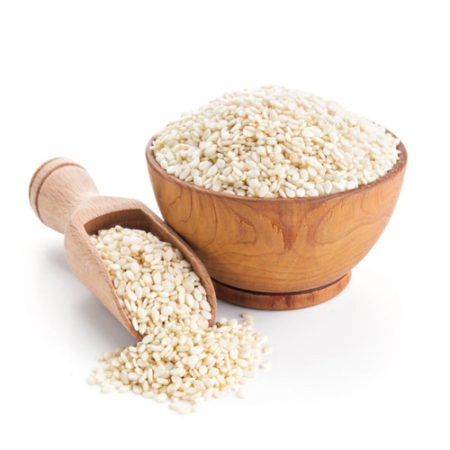Description
Almond kernels are consumed raw, cooked or dry-roasted, sliced, ground or whole, blanched (without the skin) or unblanched (with the skin). They are extensively used in bakery and confectionery, and as an ingredient in manufactured food products due to their physico-chemical, nutritional, and sensorial features.
Almonds Deliver a Massive Amount of Nutrients
This is all from a small handful, which supplies only 161 calories and 2.5 grams of digestible carbohydrates.
It is important to note that your body does not absorb 10–15% of their calories because some of the fat is inaccessible to digestive enzymes
Almonds are also high in phytic acid, a substance that binds certain minerals and prevents them from being absorbed.
Almonds Are Loaded With Antioxidants
Almonds are a fantastic source of antioxidants.
Antioxidants help protect against oxidative stress, which can damage molecules in your cells and contribute to inflammation, aging and diseases like cancer.
Vitamin E is a family of fat-soluble antioxidants.
These antioxidants tend to build up in cell membranes in your body, protecting your cells from oxidative damage.

